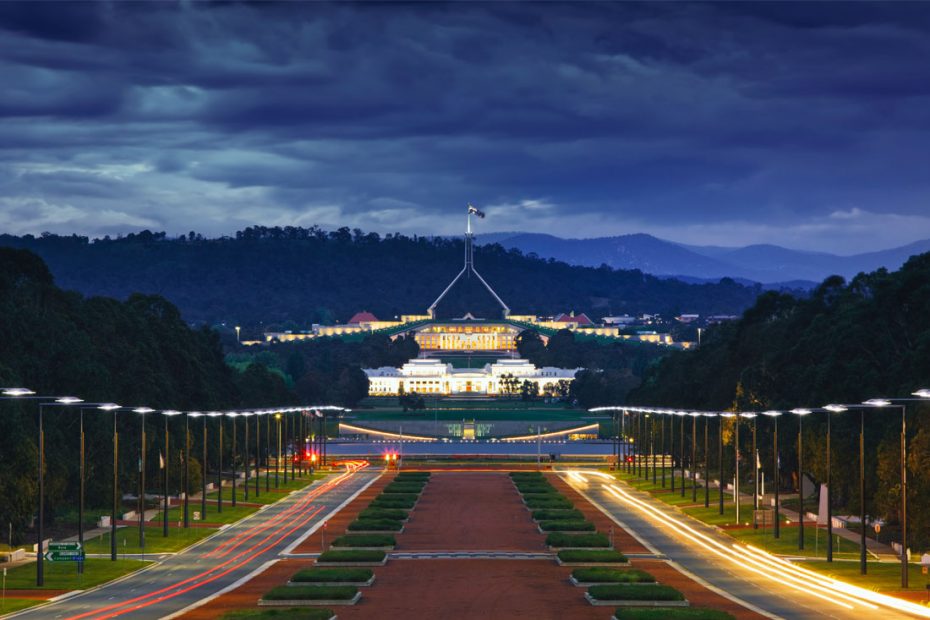Housing affordability is one of the key battlegrounds ahead of the federal election this Saturday. So what is each of the two major parties proposing to help first home buyers crack the market? Let’s take a look.
Now, before we get into the nitty-gritty, we’d like to stress that we’ll be doing our darndest to make this article as non-partisan as possible.
We understand that everybody has their preferences, priorities and beliefs – and housing affordability might not factor very highly for you – so what we’ll do below is simply run you through each of the policy’s details.
As is customary with these kinds of things, we’ll kick it off with the incumbent government’s policy pitch first.
The coalition’s policy: Super Home Buyer scheme
If re-elected, Prime Minister Scott Morrison (Liberal Party) is promising to allow first home buyers to use their superannuation to help supplement a house deposit under its Super Home Buyer scheme.
It won’t be open slather on your super account, though.
You would need to have a 5% house deposit saved up before you could apply.
And you could only access up to 40% of your superannuation, to a maximum of $50,000.
The scheme would apply to both new and existing homes and there would be no income or property price caps under the scheme
Also, if you decided to later sell the property, you would have to return the money taken from your superannuation account, including a share of any capital gains.
Labor’s policy: Help to Buy scheme
Opposition Leader Anthony Albanese (Labor Party) meanwhile has pitched to first home buyers a “Help to Buy” scheme.
If elected to government, Labor has promised to help you buy a house by purchasing up to 40% of it with you for new builds, and 30% for existing homes.
Eligible first home buyers would need to have saved a minimum deposit of 2%, and the scheme would be limited to individuals earning less than $90,000 or couples earning $120,000.
Under the scheme, which would be capped at 10,000 spots each year, the government would own the relevant percentage of your house that they contribute, which you could choose to buy back over time.
If your income increased above the thresholds, you’d have to start buying the government’s share back, and if you sold your home, the government would claim back its share (along with the relevant proportion of any capital gains).
Property price caps would also apply, including $950,000 in Sydney, $850,000 in Melbourne, $650,000 in Brisbane, $600,000 in ACT, and $550,000 in Perth, Adelaide, Tasmania and NT.
Whichever party wins, we’ll be here to support for you
No matter which party wins the federal election, rest assured that we’ll be across the details of its home buying and economic policies and ready to support you on your home buying journey.
Likewise, if you have any concerns about the housing market or the interest rate outlook over the next 12 to 24 months, please don’t hesitate to get in touch.
We’re more than happy to run through your situation and help you weigh up your options.
Disclaimer: The content of this article is general in nature and is presented for informative purposes. It is not intended to constitute tax or financial advice, whether general or personal nor is it intended to imply any recommendation or opinion about a financial product. It does not take into consideration your personal situation and may not be relevant to circumstances. Before taking any action, consider your own particular circumstances and seek professional advice. This content is protected by copyright laws and various other intellectual property laws. It is not to be modified, reproduced or republished without prior written consent.

